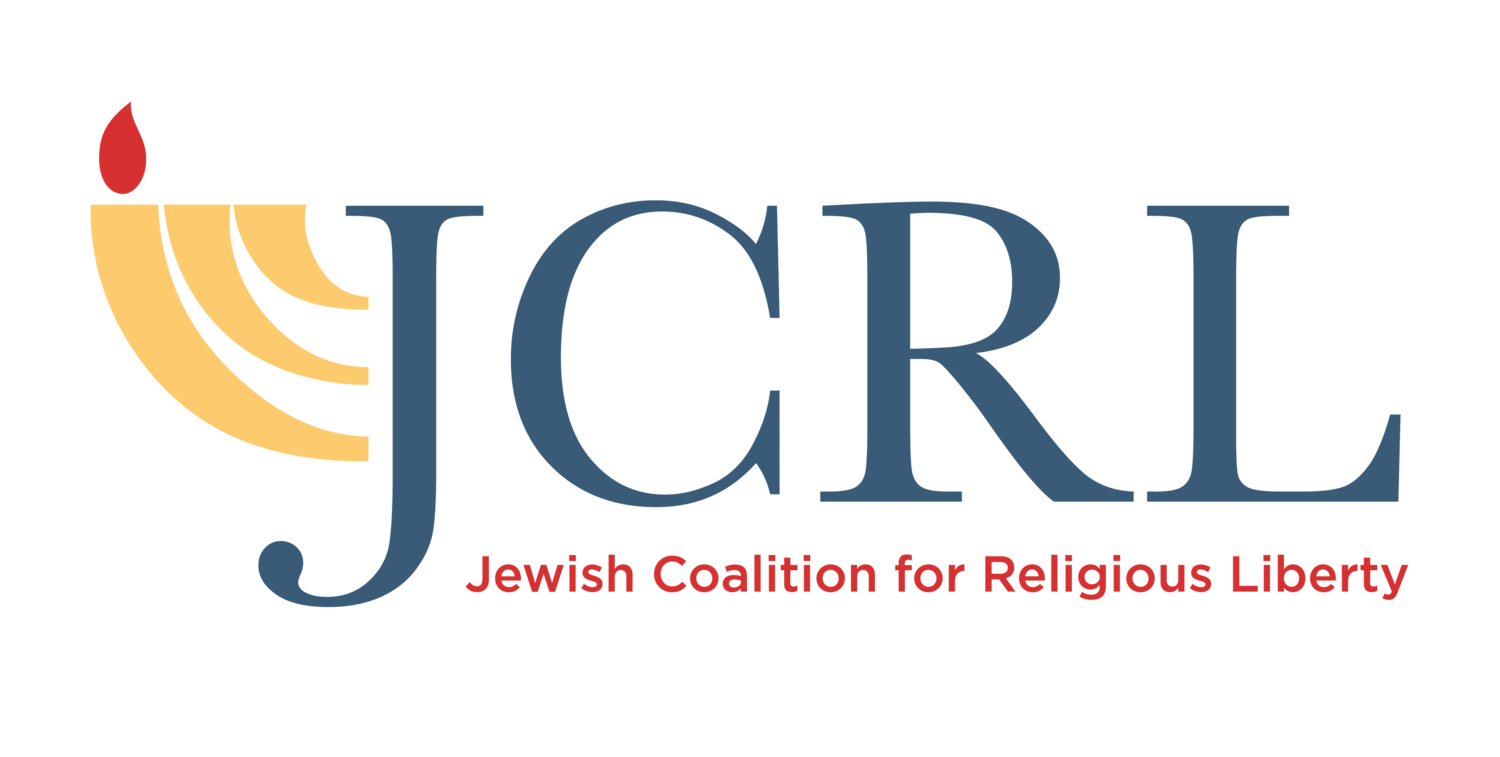Kondrat’yev, et al v. City of Pensacola
In this case, several residents of the City of Pensacola challenged, on Establishment Clause grounds, the maintenance of a “cross in a remotevcorner of a public city park.” The plaintiffs argued that because a Latin cross is an unmistakable symbol of Christianity, they, as non-Christians, were offended by its presence on public land.
The Bayview Park cross has been in place since 1941 and was erected in honor of the annual Easter Sunrise Service held in the park. (The original wooden cross was replaced by the current concrete one in 1969). Since that time, the cross has served as a place of gathering for both Easter services as well as commemorations in honor of the fallen veterans which are usually held on Memorial and Veterans Days.
At present, the City of Pensacola maintains the cross at a cost of about $200 per year. The City maintains another monument in the Bayview Park and over 170 displays throughout its park system.
The plaintiffs alleged that the presence of the cross on public land runs afoul of the First Amendment’s prohibition on the establishment of religion. The U.S District Court for the Northern District of Florida agreed, though not without leveling significant criticism at the current state of the Establishment Clause doctrine. Specifically, the Court wrote that “the Founding Fathers did not intend for the Establishment Clause to ban crosses and religious symbols from public property,” and would have “most likely found this lawsuit absurd.” Nonetheless, the Court concluded that it was bound by the Supreme Court’s precedent in Lemon v. Kurtzman and the 11th Circuit holding in ACLU of Georgia v. Rabun County Chamber of Commerce under which the display such as the one in the Bayview Park could not continue to be maintained.
The Jewish Coalition for Religious Liberty, together with several other Jewish organizations filed an amicus brief in the U.S. Court of Appeals for the 11th Circuit in support of the City and urging reversal on the grounds that merely being “offended” is insufficient to confer standing on the plaintiffs. The brief explained that though this case concerned a Christian symbol, the District Court’s approach which permitted the plaintiffs who showed no injury beyond “offense” to proceed, is uniquely harmful to the Jewish community and other minority religions. Because “lack of familiarity often leads members of the public to find the symbols and practices of minority religions upsetting or off-putting, … unfamiliar religions tend to prompt offense more often than familiar ones.” For that reason allowing members of the public to maintain suit with no injury other than an “offense,” is much more likely to result in the religious practices of Jews and other religious minorities being targets of lawsuits, which
would in turn lead to the elimination of minority religions such as Judaism from the public square.
The case is presently pending before the 11th Circuit.
The full brief is available for download here.
